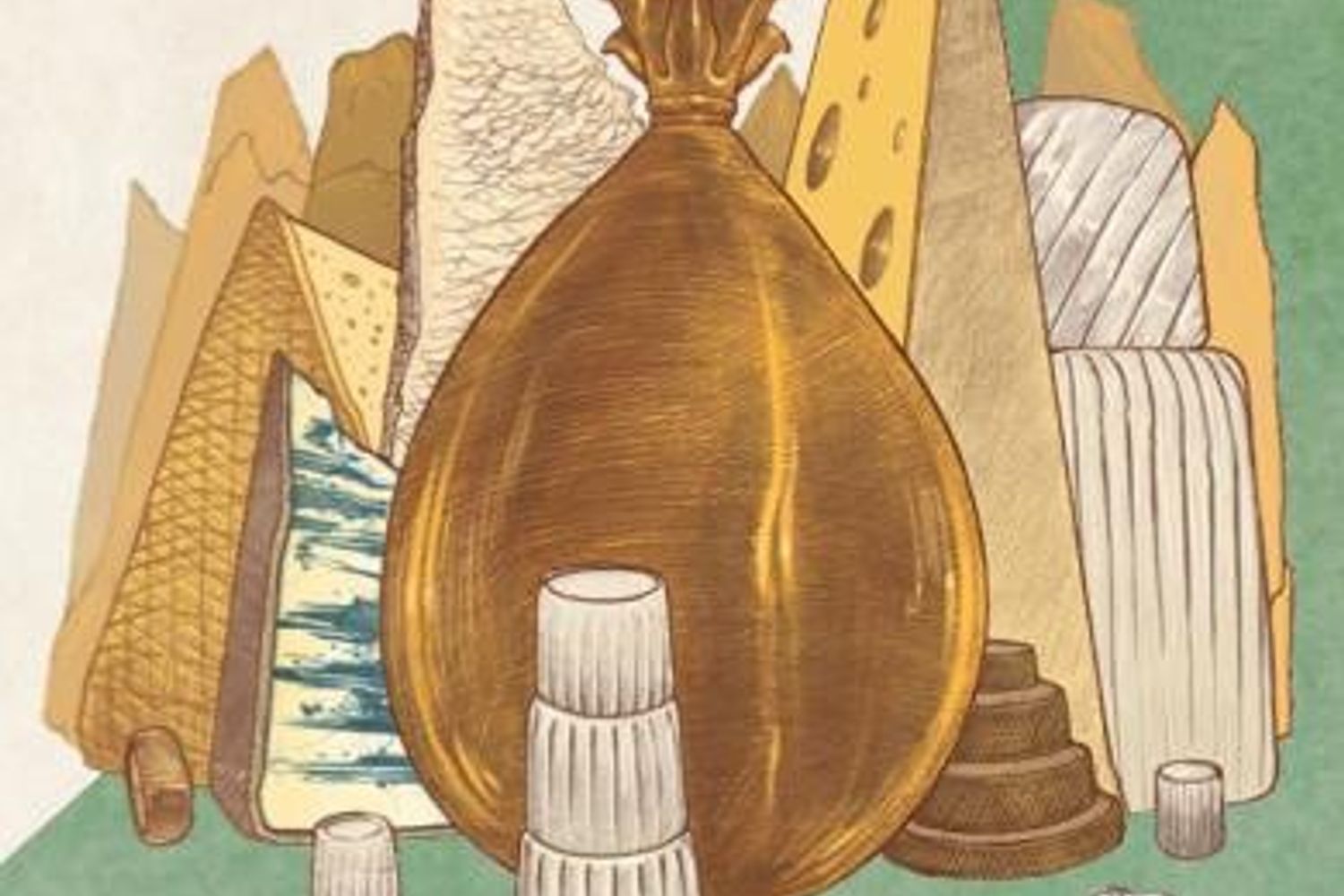Piedmont's Cheese turns 20, new edition focused on milk


Turin - Cheese, the international event dedicated to the high-quality dairy industry, is getting ready to celebrate its 20th anniversary with a special edition to be held in the streets and squares of Bra, in the province of Cuneo (Piedmont), from September 15 to 18. The event, held every two years and organized by Slow Food and the Municipality of Bra, attracts more than 270,000 visitors and 300 exhibitors from 23 countries. The 11th edition, officially presented on June 27 in Turin, will feature the State of Raw Milk, where Slow Food will bring together dairymen from all over the world who still produce cheese with unpasteurized milk, in compliance with all hygiene and sanitary regulations.
"Cheese - said Carlin Petrini, the President of Slow Food - is a leading international event dedicated to cheese, and not just a cheese trade fair. It is a platform for biodiversity, which is the undisputed star. The raw milk challenge is still ongoing and we need to face it. This is why it is essential to allow producers, with their traditional knowledge, to come to terms with the world of science." The efforts to defend raw milk cheese will be at the center of debate during the event, with Conferences and Taste Laboratories. For the first time, the Cheese Market will exclusively showcase cheeses produced with unpasteurized milk.
The spotlight will also be on natural cheeses, produced without the aid of industrial ferments, to be presented in an area called Free Space focused on total naturalness, along with wines, beers, nitrite and nitrate-free cured meats, and bread made with starter. A focus session will be dedicated to the USA, where, in 2007, Slow Food launched the historic presidium of American raw milk cheeses. As in all previous editions, Slow Food presidia will be showcased, i.e. rare products representing a huge wealth of pastures, races, milks and knowledge to be preserved. As part of Cheese, a fundraising initiative will then be launched, aimed at raising a total of 56,000 euros that will be used to buy goats, cows, donkeys and beehives to be given to two counties in Kenya. In fact, "when the population is in trouble, as in this case due to climate change - Petrini said - the Slow Food network and Mother Earth rush to their aid."